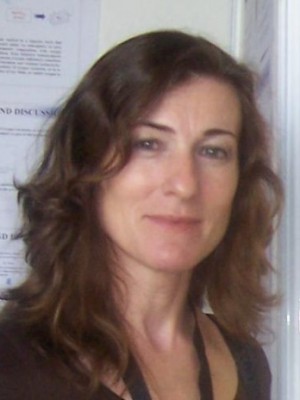abstract
Activated sludge acclimatization was assessed for pinewood biochar to study phenol biodegradation from synthetic effluents. The biochar was produced in a continuous pyrolysis system (auger reactor) at 525 degrees C and was characterized by scanning electron microscopy (SEM), X-ray diffraction, Fourier Transform Infrared (FTIR), elemental analysis, and particle size evaluation. Sludge acclimatization greatly facilitated the phenol biodegradation rate, especially in the presence of biochar. Specific biodegradation rates increased from 0.0017 (g phenol/g VSS/h) for as-received activated sludge to 0.0184 (g phenol/g VSS/h) and 0.041 (g phenol/g VSS/h) for activated sludge acclimatized without (control) and with biochar, respectively at pH similar to 6.5, for a phenol concentration of 250 mg/L and at room temperature (T = 15-18 degrees C). The results furthermore demonstrated the positive effects of biochar on microbial colonization and growth. The volatile suspended solids (VSS) increased from 1 g/L for as-received sludge to 1.97 g/L and 2.96 g/L for control and activated sludge acclimatized in the presence of biochar. The sludge volume index decreased from 108 (mL/g MLSS) to 60, while for the control it increased to 298 (mL/g MLSS). The system studied showed a high degree of stability and resistance to the load shock loading when the initial phenol concentration was increased from 250 to 500 mg/L.
keywords
IMMOBILIZED CELLS; BIODEGRADATION; DEGRADATION; WASTEWATERS; TOXICITY; REMOVAL; SUSTAINABILITY; TECHNOLOGIES; TEMPERATURE; PYROLYSIS
subject category
Engineering
authors
Kamali, M; Aminabhavi, TM; Tarelho, LAC; Hellemans, R; Cuypers, J; Capela, I; Costa, MEV; Dewil, R; Appels, L
our authors
acknowledgements
Mohammadreza Kamali holds a postdoctoral research grant awarded by the Research Council of KU Leuven [PDM/19/104] . Also, thanks are due to the Portuguese Foundation for Science and Technology (FCT)/Ministry of Science, Technology and Higher Education (MCTES) for the financial support to CESAM (UIDP/50017/2020+UIDB/50017/2020) , through national funds, and to project BioValChar-Sustainable valorisation of residual biomass for biochar (PCIF-GVB-0034-2019) .



